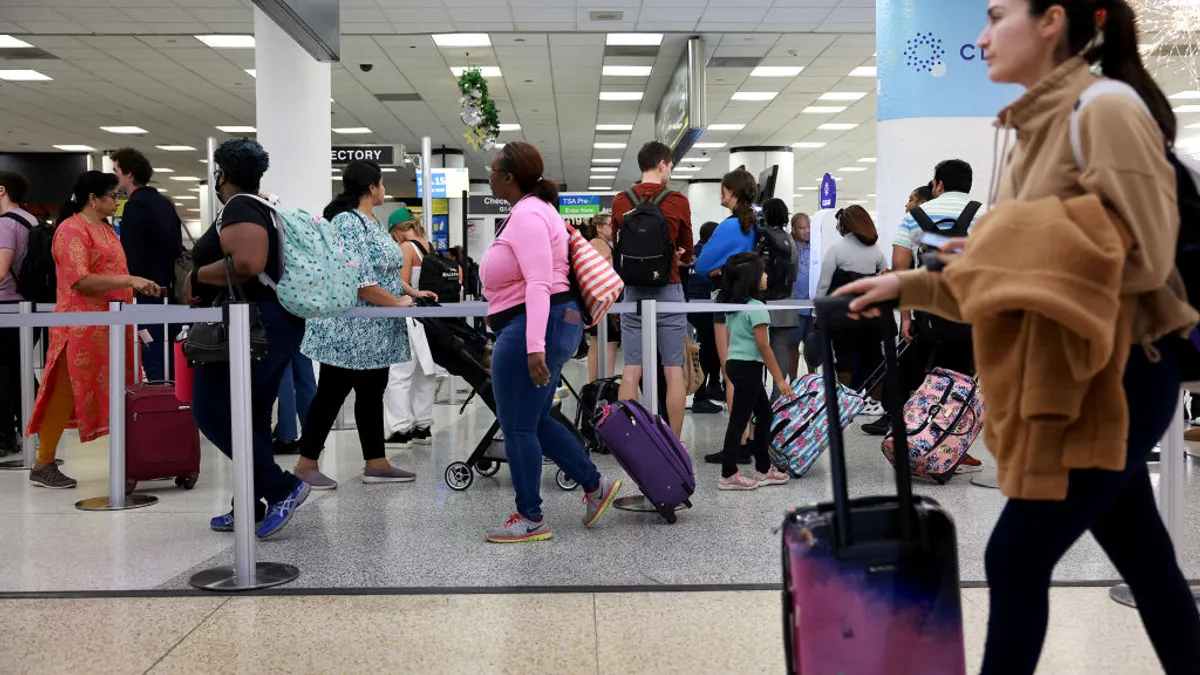Dive Brief:
- Despite only 16% of employees saying they have unlimited paid time off at their current companies, 1 in 5 workers said they would decline a job without the benefit, according to a survey by financial services company Empower. And 26% reported that they would be open to taking a job that pays less if it came with unlimited PTO.
- Forty-three percent of the 1,028 full-time employees surveyed said all companies should provide unlimited PTO, and 50% said they’d take more time off under such a policy. However, those with unlimited PTO take an average of 16 days off per year, compared to 14 days off annually taken by workers with limited PTO, the survey found.
- Workers had mixed feelings about who should get access to unlimited PTO. Thirty-seven percent of those surveyed said it should be reserved for more tenured staff, and 41% said new hires shouldn’t get unlimited PTO until they had been with the company for a year.
Dive Insight:
From parental leave to prenatal leave to pet leave, employers have to grapple with a lot of options when deciding which paid leave policies to enact to best meet the needs of the company and its workers.
A report by the International Foundation of Employee Benefit Plans found that only 9% of the 266 private-sector employers surveyed in October 2023 offered unlimited PTO or unlimited vacation. Of those, nearly 87% just started offering open PTO in the last four years.
Yet, despite varying PTO policies, 3 in 4 U.S. workers said they don’t use the maximum time off allowed by their employer, according to a Harris Poll survey from April of 1,170 workers. A third of employees with unlimited PTO said they believed their company’s policy equaled more than 30 days off annually. Workers cited heavy workloads and an expectation to be available as the top hurdles for not taking more time off.
Most employers (84%) surveyed between October and November 2023 by WTW said they planned to make changes to their leave programs over the next two years. However, enhanced parental leave, bereavement leave and caregiver leave were the top priorities of the 517 employers surveyed.














